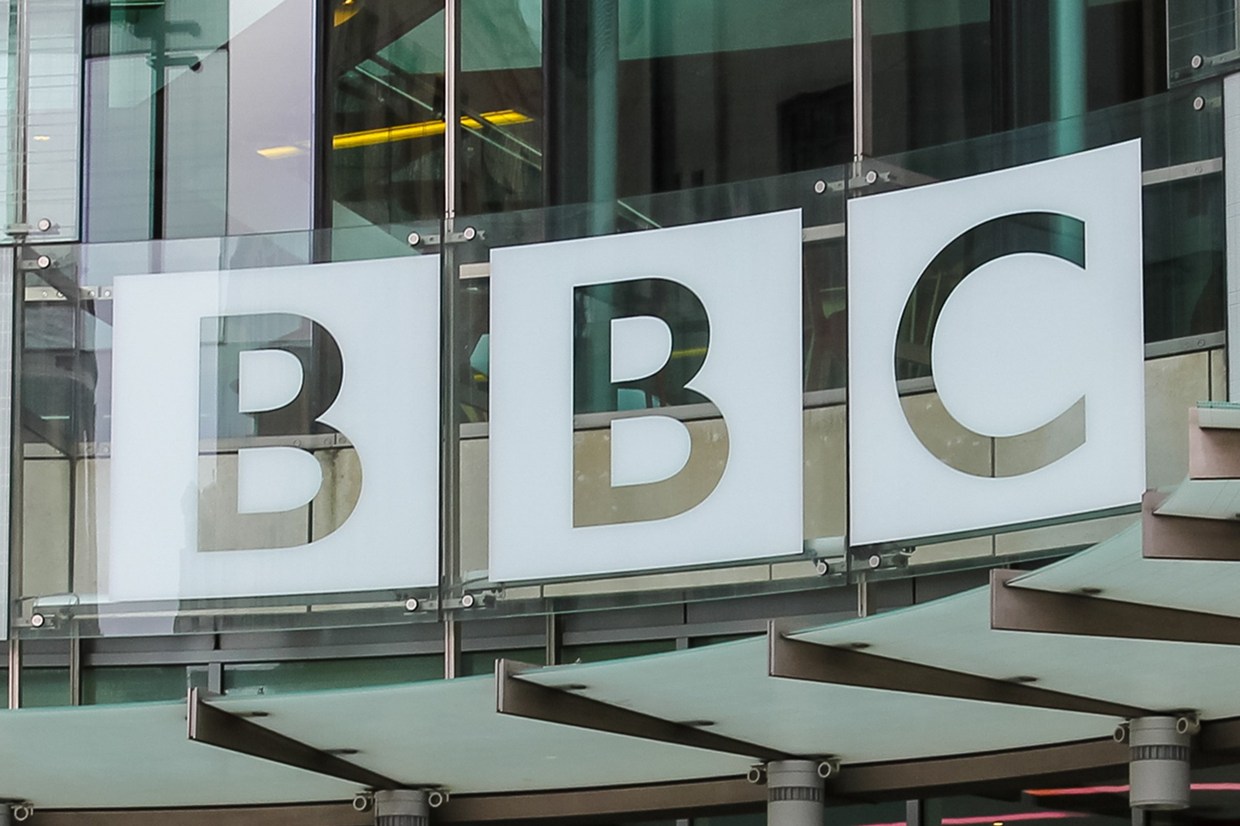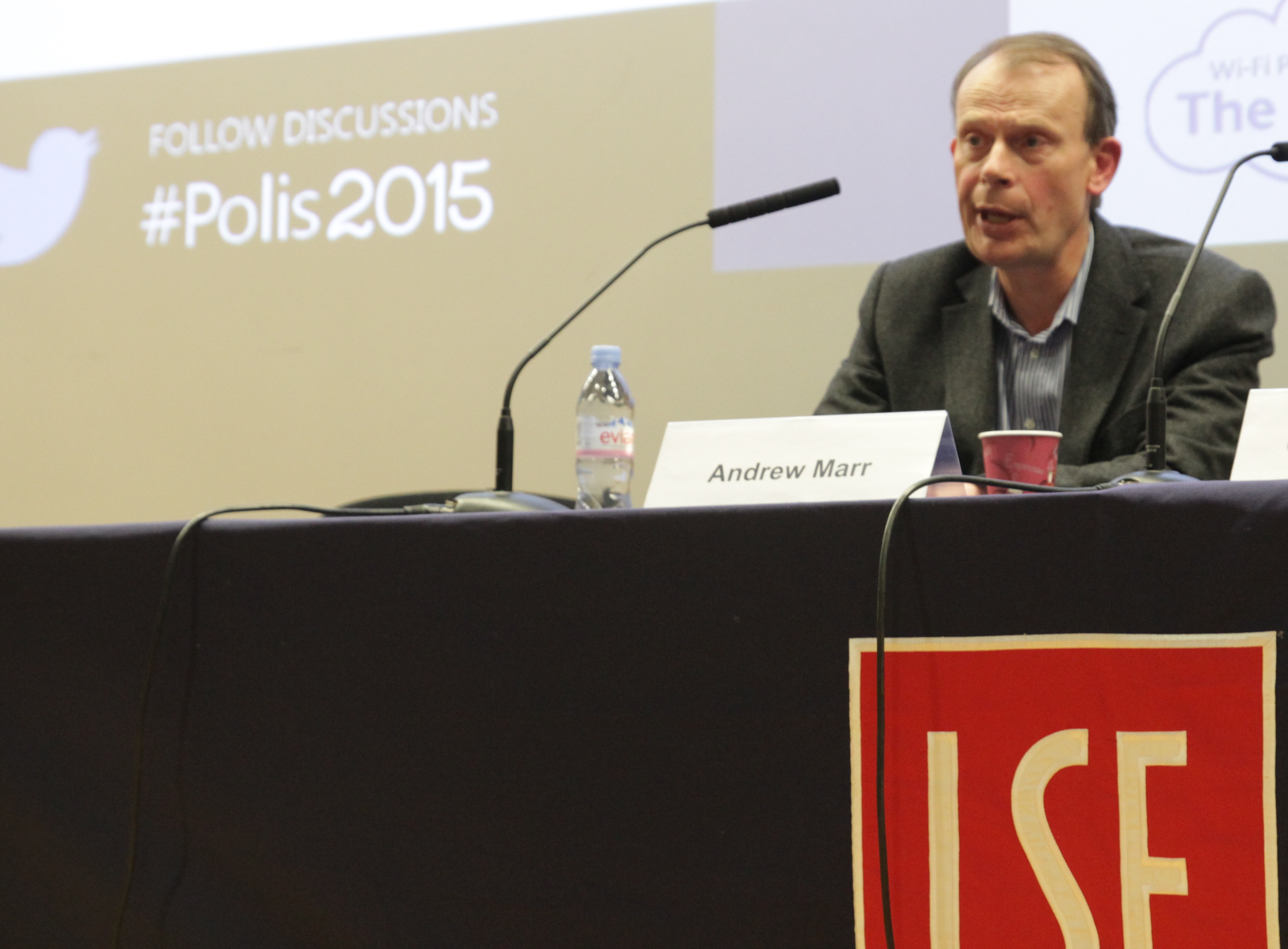This article is by Polis Summer School student Dillon Baker (@dillonaube) on a talk given by Ros Atkins (@BBCRosAtkins)
Ros Atkins @ Polis Summer School 2015 from Polis Video on Vimeo.
‘Intimacy at a distance’
Shedding light not only on how his new BBC News program Outside Source is adapting to the new digital environment, Ros Atkins also spoke about how his job has been impacted by technology’s ability to provide ‘intimacy at a distance’. Figuratively speaking, this means that we can get closer to an event while it is happening than ever before. It has allowed for an unprecedented degree of interactivity between journalist and the viewing public and has allowed the journalist to engage and respond in real-time to what’s going on around them. This drastically changes the dynamics of the relationship between the consumer and the media, with most of us now receiving our information in increasingly non-linear ways.
Content Curation
The news today–at least as Ros is approaching it–is less didactic broadcast and more “real time collation,” where the best of the best from around the world, from journalist and non-journalist alike, is given equal opportunity to tell the news as it happens. The broadcast also becomes more participatory as the interests and concerns of viewers find direct agency through mediums like Twitter. The array of information available through the internet on any given topic means that it’s less about getting a scoop as getting the best information to the public as quickly as possible; no matter who’s information it is.
Ros made the point that this opens up a greater need for the news to be transparent. Information is power and therefore the news will always remain a powerful tool. How this power is used and towards which ends in particular has historically been a relationship defined by the ethical and moral considerations of the ‘journalist as gatekeeper.’ While the ability to source the best and most current content expands, the creation of that content also moves further away from the hands of the journalist. In this, and all cases where it might be applicable, Ros advocated verification as far as it will take you, transparency where it won’t, and honesty when it is still necessary to go there.
Interactivity of Periscope means it’s ‘like being a remote-controlled correspondent’ @BBCRosAtkins #PolisSS
— Charlie Beckett (@CharlieBeckett) July 13, 2015
While the format of journalism may change, Ros advises that the best commodity you’ll have to bring to a story as a journalist is your objective curiosity. If you are genuinely and truly curious about the world and the people that inhabit it, that passion will translate to your audience more than anything else. “Curiosity is the motor of everything. . . let it drive everything you do.”
@dillonaube







Having watched this BBC program, I am perplexed at why it exists as it doesn’t do anything different – such as harnessing the voices of real people, real failings, real challenges amid the aspirations that real folk have.
I remember seeing it on BBC news 24 – and became so frustrated by it that I turn it off.
The BBC seems afraid of harnessing real voices from the public. Journalism stories seem to be at the judgement of senior management whose ‘conflicts of interests’ with government remain intact.
What is the point of this?
If this is a students comments she has.a great career ahead of her. It is a positive sign that schools are preparing thoughtful and talented female journalists and not just pushing them out to the front news anchor desk as another pretty face. Well done young lady, well done.